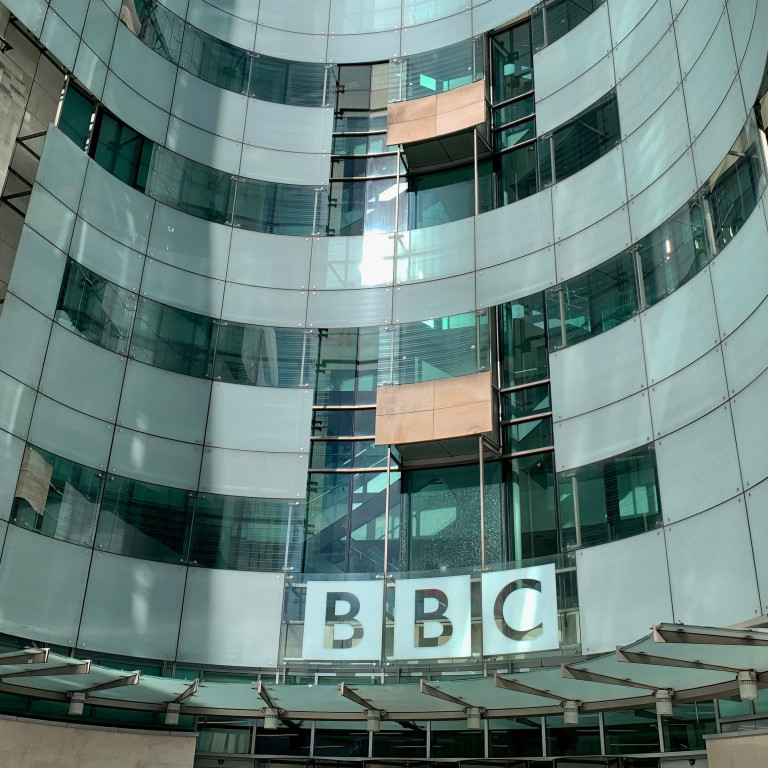Thoughtful registration of intellectual property lies at the heart of many a charitable success and we can advise about how to maximise the protection available to you. Even if trade mark registration has been completely overlooked, there are different ways forward. We can provide specialist advice to get the application right and avoid conflicts, saving you time and funds.
Why register a trade mark?
Three key reasons why you should register a trade mark for your charity:
- Registered trade marks carry more protection than unregistered trade marks and they are easier to enforce where a third party is infringing your rights.
- They act as a deterrent to infringers as you can show that you take your intellectual property rights seriously and are likely to defend them.
- You can exploit your trade mark and generate income.
Trade marks offer low cost protection for a 10 year period.
What is the Intellectual Property Office?
The Intellectual Property Office (“IPO”) is the official UK government body responsible for intellectual property rights, including trade marks. When you apply for a trade mark with the IPO they will assess your application. If the application is acceptable, they will publish it online for opposition purposes and during this time anybody can oppose it.
How much does it cost to register a trade mark?
The cost is a sliding scale depending on how many goods and services you want your trade mark to cover. IPO fees start at £170 (no VAT payable on IPO fees) for the protection of your trade mark in one use class (for example, charitable fundraising services). You should ensure your charitable goods and services are covered and you pay £50 for each additional use class.
You should ensure to budget for legal fees to prepare the application and we offer competitive fixed fees for trade mark registration work. As this insight will discuss, there are common errors which can be avoided by obtaining expert legal advice.
How long does the registration process take?
The process usually takes around 3 months when there is no opposition and the key steps are outlined below:
- Week 1: Our expert lawyers discuss your charitable activities with you and prepare use classes for your review. Subject to your comments and amendments we prepare a draft trade mark application for your review.
- Week 2: We file the application with the IPO and they take a couple of weeks to review it.
- Week 3: The application is published online for opposition purposes which is a two month period.
- Week 11: The opposition period ends and the IPO administration period commences which usually takes two weeks.
- Week 13: We send you your registered trade mark and details of the renewal date.
What is a trade mark opposition and how can I avoid one?
During the two month opposition period, any third party can try and prevent your trade mark from becoming registered. Sometimes you will receive a letter asking you to amend or withdraw your application or you may receive a notice of threatened opposition from the IPO which means a third party has given notice that they may formally oppose your application. Opposition is usually based on a claim that your trade mark is generic or descriptive or that the opponent is claiming prior rights.
To avoid opposition you should avoid the key pitfalls and a trade mark lawyer can assist you with these:
- A lack of due diligence, i.e. you didn’t check whether your trade mark application conflicts with a registered trade mark.
- Poor drafting of your trade mark use classes, i.e. the goods and services are too broad and conflict with a registered trade mark.
- Your mark is weak. The IPO will not automatically reject trade mark applications that do not meet trade mark law criteria and instead, they rely on third parties to oppose the trade marks. Registering a weak mark will leave you vulnerable.
- A third party challenges your legal right to register the trade mark.
If you do find yourself in the unfortunate situation whereby another party is threatening/has brought an opposition we can advise you on the legal grounds, costs, risks, and timescales and help you formulate a strategy and conduct litigation on your behalf, where required.
What should I register as a trade mark?
Trade marks can be registered as words, logos and a combination of both. Having a diverse mix of word trade marks and logo trade marks will offer you the strongest form of protection and our expert lawyers can help you identify what to protect (which can often seem daunting).
What other trade mark errors can I avoid with expert legal advice?
- Not registering soon enough – this may lead you to have to rebrand and bring significant costs. We can assist with trade mark strategy.
- Inadequate protection for your goods and services in the application – once your application has been sent you cannot add any more goods or services. Poor drafting could lead you to incur subsequent IPO fees with further trade mark applications. We can draft bespoke use classes for your application.
- Registering the wrong type of mark. Because a website domain can only be composed of words and cannot be represented in logo form, securing a trade mark in the words of your charity is essential because it gives you control of domain names and prevents others from being able to use the words in their domain name/website. We can advise on trade mark strategy.
Why should I choose Tozers?
Our expertise supports charities in achieving their social objectives and maximising their impact on the communities they serve. Our specialist lawyers excel in providing tailored advice to Charities across Corporate and Commercial, Employment, Data Protection, and Intellectual Property matters. We assist charities with governance, legal structures, compliance, mergers, collaborations and serious incident reports.
As a top firm for client satisfaction, we have built a reputation as good listeners, who can help break down complex legal jargon into words you can understand and are experts at advising on your individual situation.




